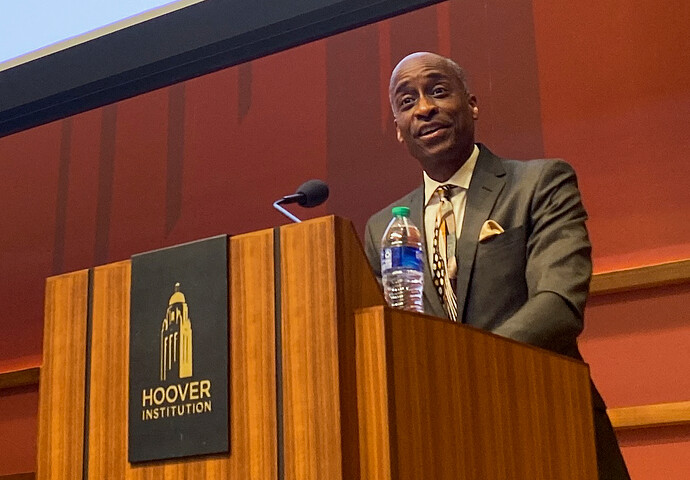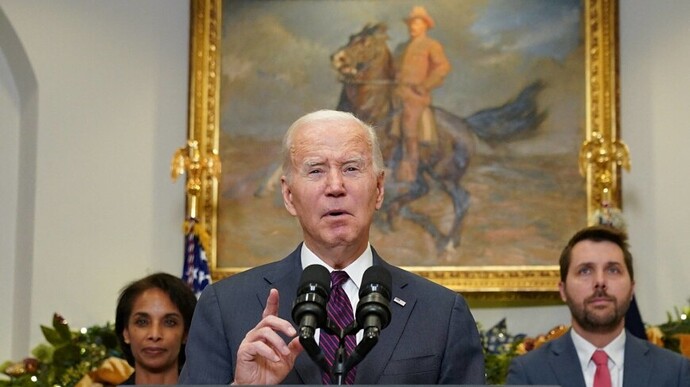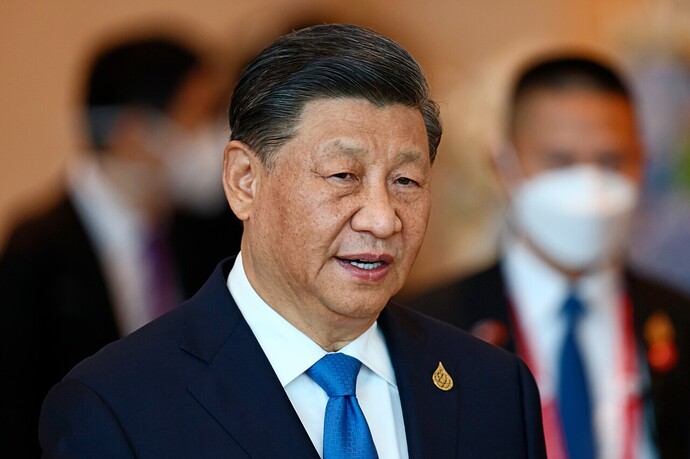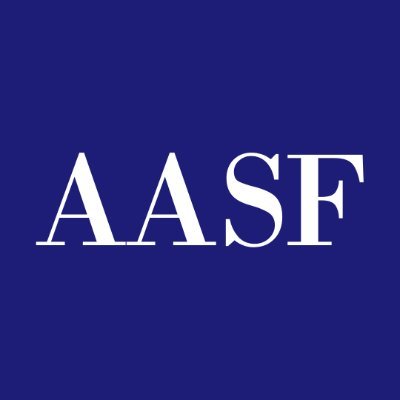The Hoover Institution is a public policy research center located at Stanford University in California. Founded in 1919 by Herbert Hoover, the 31st President of the United States, the institution is dedicated to advancing scholarship and promoting public policy ideas that foster individual freedom, private enterprise, and limited government.
Over the years, the Hoover Institution has built a reputation as a beacon of conservative thought and ideology. Its faculty and fellows have produced influential research and policy papers on a wide range of topics, including economic policy, national security, foreign affairs, education, and health care.
The Hoover Institution’s scholarship includes not only traditional academic research but also policy-oriented pieces intended for a wider audience, including policymakers, business leaders, and the general public. Its experts are frequently called on by policymakers and media outlets for analysis and commentary on current events.
The Institution has close connections to the Republican Party and conservative movement. Many of its fellows have served in Republican administrations and played key roles in conservative policy-making circles. Some of its most well-known affiliates include Condoleezza Rice, former Secretary of State under President George W. Bush; John Taylor, a prominent economist who served under several Republican presidents; and Thomas Sowell, a prolific commentator on economics and social issues.
The Hoover Institution houses a vast library and archives, containing over 60 million pages of documents and materials related to history, economics, and politics. These archives include collections on topics such as World War II, the Cold War, and the American presidency. Hoover staff members work to collect, preserve, and make accessible these historical resources to researchers and scholars.
The Hoover Institution is organized into multiple research centers, which focus on specific policy areas. These centers include the Center on Democracy, Development, and the Rule of Law; the Center for Global Trade and Development; and the Hoover Institution Washington, D.C. branch, which focuses on the intersection of policy and politics.
The Institution also has a robust publishing operation, including a quarterly journal, “Hoover Digest,” as well as several book series and monographs. Its publications cover a wide range of policy issues and aim to make conservative ideas accessible to a broad audience.
Despite its conservative reputation, the Hoover Institution has faced criticism from both the left and right, with some accusing it of being too ideological and others of not being conservative enough. The Institution has also been involved in controversial issues, such as the debate over climate change, where some of its fellows have disputed the scientific consensus.
In recent years, the institution has worked to expand its reach and influence, launching initiatives such as the “Defining Ideas” website, which features articles and op-eds from Hoover scholars, and the “Uncommon Knowledge” podcast, which features in-depth interviews with public figures and policy experts.
Overall, the Hoover Institution has remained a significant force in American conservative thought and public policy debate. Its scholars and research have played a crucial role in shaping conservative policy and providing a voice for limited government and free market ideas.
Disclaimer
6do Encyclopedia represents the inaugural AI-driven knowledge repository, and we cordially invite all community users to collaborate and contribute to the enhancement of its accuracy and completeness.
Should you identify any inaccuracies or discrepancies, we respectfully request that you promptly bring these to our attention. Furthermore, you are encouraged to engage in dialogue with the 6do AI chatbot for clarifications.
Please be advised that when utilizing the resources provided by 6do Encyclopedia, users must exercise due care and diligence with respect to the information contained therein. We expressly disclaim any and all legal liabilities arising from the use of such content.







